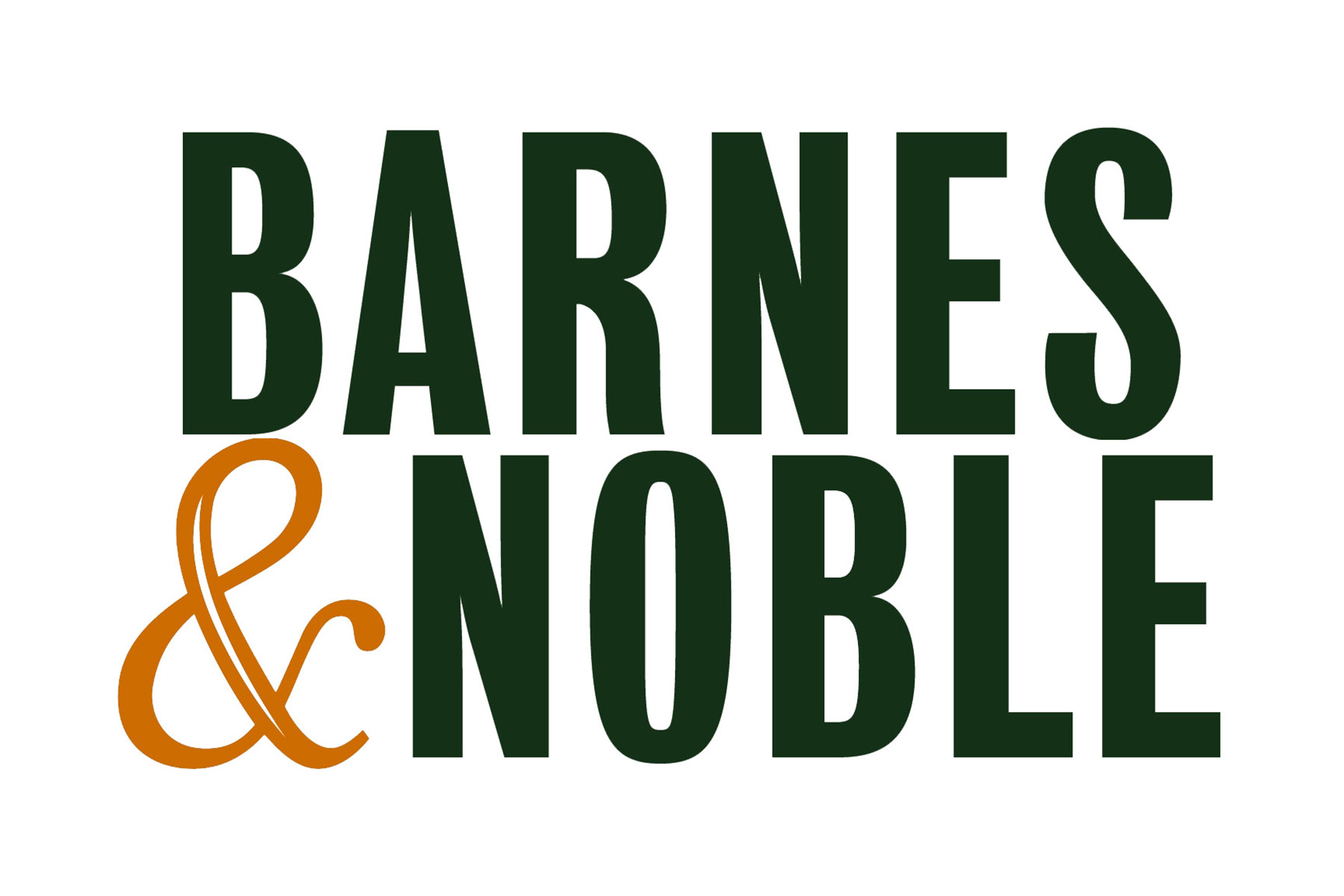UConn has named Barnes & Noble as the new operator of all of its bookstores under an agreement that stipulates revenue generated by the affiliation will be devoted to financial aid and student support.
The Board of Trustees voted on April 27 to allow the University to contract with Barnes & Noble, which operates hundreds of campus bookstores around the nation, based on the recommendation of a committee of student, faculty, staff, and alumni representatives.
Barnes & Noble demonstrated aggressive strategies to provide lower-cost academic materials to students, as well as price-matching programs at all of the campus stores, according to the Board. And with the company’s expertise, UConn will establish a large, prominent bookstore in downtown Hartford to serve the new campus and the community.
“Scholars believe libraries and bookstores are sacred ground, but so does most of the public, and the people of Hartford deserve the intellectual opportunities that a large, professional, exciting bookstore always brings,” said University President Susan Herbst. “A city that Mark Twain called home for many years – and where his house still stands – must also be home to an outstanding bookstore.”
The company is expected to assume responsibility for managing the bookstores on June 1, under a contract that is projected to generate millions in new revenue annually for the University, funding that will go toward student financial aid and support.
The national bookseller also made non-financial commitments to the University, including hiring the Co-op’s staff at their current salary levels and hosting at least 100 community events each year.
“We have spent a great deal of time discussing the many benefits of this for our students, faculty, fans, and visitors, among others,” said Herbst. “Our central goals were to bring down the cost of textbooks, serve the community with wonderful author events, and make sure that the bookstore is an economically viable, vibrant part of campus.”
The UConn Co-op, an independent non-profit created in the 1970s to serve as UConn’s bookstore, approached the University last year with concerns about its financial troubles and its overall long-term sustainability as an entity. Those conversations led the University to issue a request for proposals in December, seeking alternatives in the marketplace to manage bookstore operations.
The change is not unique to UConn; the business model of campus bookstore operations is changing dramatically nationwide. Currently about 50 percent of colleges and universities outsource their college bookstore, according to Campus Bookstore Consulting, an independent firm.



